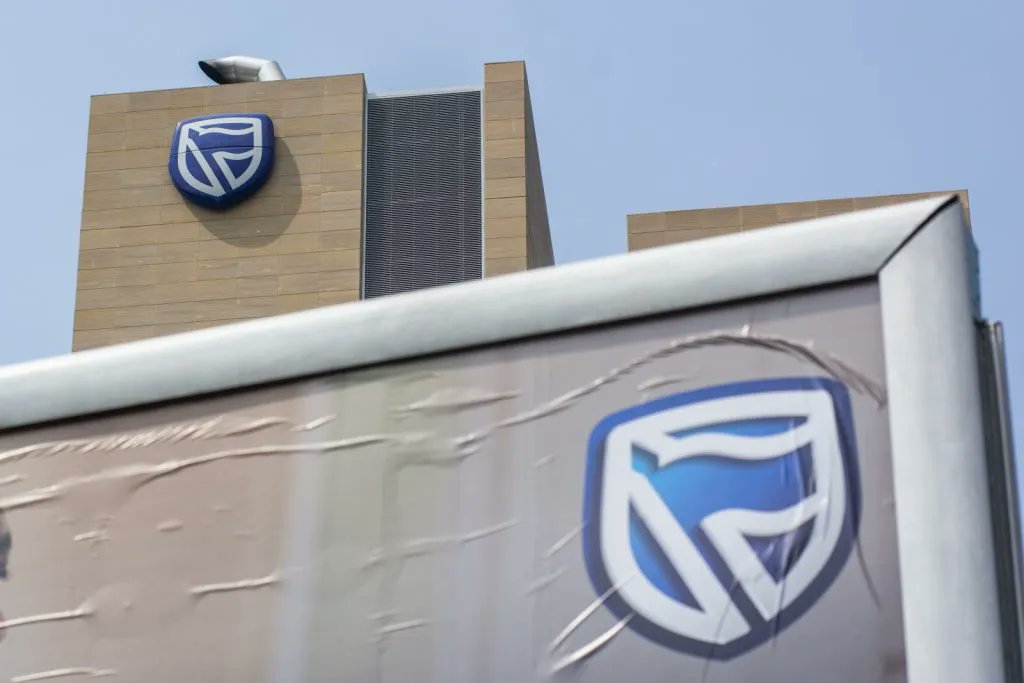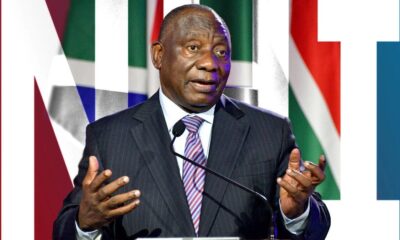News
Standard Bank Faces Heat in Rand Manipulation Case Amid Accusations of “Frustrating Justice”

For nearly a decade, one of South Africa’s most high-profile financial scandals has been dragging through the courts, and this week it reached the steps of the Constitutional Court once again. At the centre of the storm? Standard Bank, accused not of proven market manipulation just yet, but of frustrating the process of justice in the long-running Rand rigging saga.
The Rand Rigging Allegations That Shook Confidence
Back in 2017, the Competition Commission alleged that several local and international banks colluded to manipulate the Rand/US dollar exchange rate. When the story broke, the impact was immediate: Standard Bank’s share price dropped by 3.8% in just a few days, wiping out roughly R8.5 billion in value.
The allegations were part of a wider probe into what authorities believed was a global cartel exploiting currency trades. For South Africans already wary of financial institutions in the wake of state capture revelations, the idea of big banks quietly skewing the Rand hit a raw nerve.
Standard Bank Pushes Back
Represented by Advocate Kate Hofmeyr, Standard Bank argued before the apex court that it has been unfairly dragged through the mud. Hofmeyr told the court that despite investigating the matter for 18 months, the Commission never once sat down with the bank to request information directly.
According to her, this omission meant the Commission built its case on flawed foundations. “There was no proper investigation,” she said, claiming that the reputational damage to the bank has been enormous, even though it insists it was never part of the alleged collusion.
The bank’s position is clear: it should not have to “face the music” in a trial about a conspiracy it says it was never involved in.
Commission Hits Back: “Most Aggressive Litigant”
But the Commission was having none of it. Advocate Thembeka Ngcukaitobi, arguing for the state watchdog, painted a picture of a powerful bank using its resources to wear down regulators.
He told the court that Standard Bank has been the most aggressive litigant in the case, leading the charge on procedural challenges that have delayed the matter for ten years. “We are subjected to protracted legal challenges by this bank, which pleads innocence,” he argued, adding that while banks can bankroll lengthy litigation, the Commission does not have the same financial muscle.
Ngcukaitobi accused Standard Bank of frustrating the administration of justice, pointing out that while the bank claims to have conducted its own internal probe into the allegations, it has never shared those findings with the authorities.
A Broader Web of Banks
Standard Bank isn’t alone. Other major players such as FirstRand Bank, Nedbank, and several international institutions are also caught up in the proceedings. The Competition Appeal Court (CAC) previously ruled in favour of many of the banks, saying there wasn’t enough evidence to force them to stand trial. The Commission has now turned to the Constitutional Court to appeal that decision.
Meanwhile, foreign banks such as BNP, CSS, and HBEU are appealing separate rulings. Their arguments varyfrom questioning South Africa’s jurisdiction over them to accusing the Commission of filing contradictory and vague referrals.
Why It Matters Beyond the Courtroom
For ordinary South Africans, this case may feel far removed from everyday struggles with inflation, food prices, and interest rates. But at its heart, it’s about whether powerful institutions can be held accountable when accused of manipulating the very currency that underpins the economy.
If the Commission is right, the alleged cartel activity could have impacted the value of the Rand in ways that touch every householdfrom petrol prices to grocery costs. If the banks are right, it raises uncomfortable questions about whether regulators have the tools, resources, and credibility to investigate complex financial markets.
The Waiting Game Continues
As arguments wrapped up, no immediate ruling was handed down. For now, the saga remains in limbo, with Standard Bank’s reputation hanging in the balance and the Commission under pressure to prove its claims.
What’s certain is that South Africans are watching closely. After years of corporate scandals and state corruption, there’s little appetite for excuses, whether from regulators or from banks.
{Source: IOL}
Follow Joburg ETC on Facebook, Twitter , TikTok and Instagram
For more News in Johannesburg, visit joburgetc.com



























